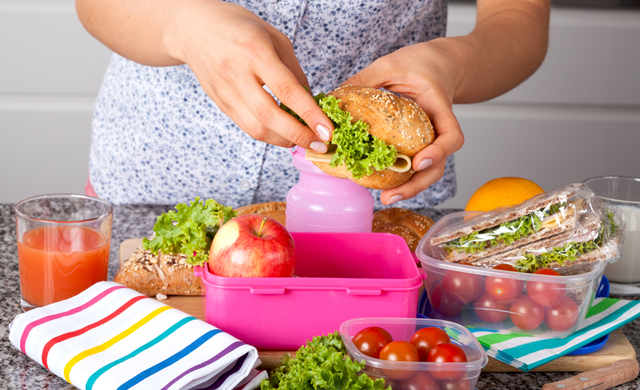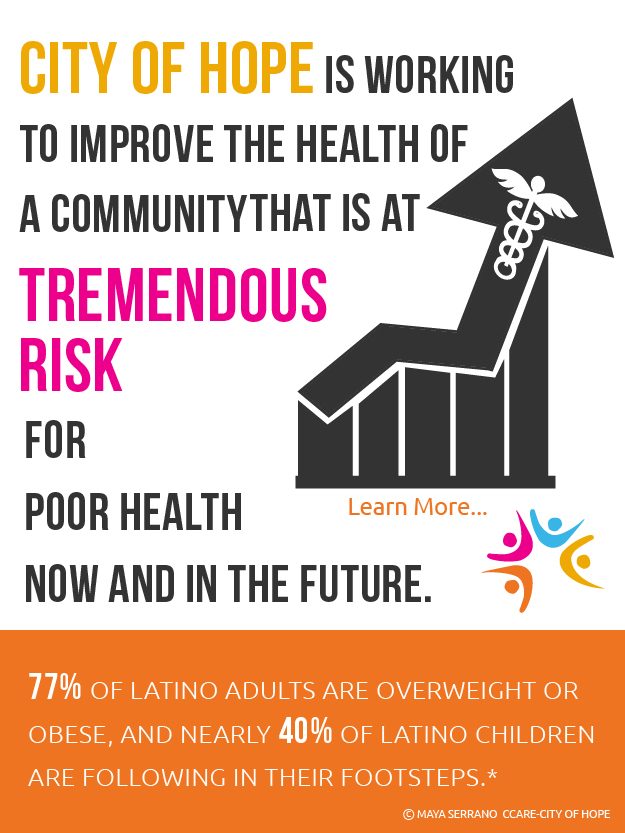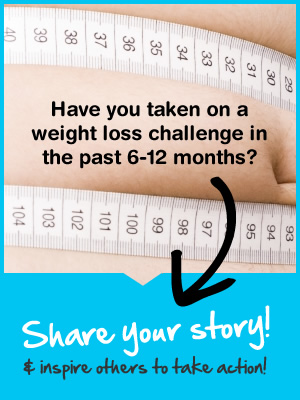
Diet Changes That Might Cut Breast Cancer Risk
04/27/2015 03:48PM | 7390 viewsIn light of Angelina Jolie’s mastectomy, consider these foods that could lower your breast cancer risk.
Now, we all know that Angelina Jolie quietly underwent a preventive double mastectomy after learning she carried a genetic mutation that sharply increased her risk of breast cancer. Women with a faulty BRCA1 gene typically have a 45 to 90 percent risk of getting breast cancer during their life, compared to a 12 percent risk for the average woman. "My chances of developing breast cancer have dropped from 87 percent to under 5 percent," Jolie wrote in a New York Times op-ed on Tuesday. "I can tell my children that they don't need to fear they will lose me to breast cancer."
Jolie's surprise announcement shines a spotlight on breast cancer and women's health, bringing intense public attention to issues like prevention and treatment. While her condition is rare – mutations in BRCA1 and another gene, BRCA2, only cause 5 to 10 percent of breast cancers in the United States – all women can take steps to protect themselves against the disease. While you can't do anything about the genes you were born with, committing to a sound diet can help protect against breast cancer. "Researchers estimate that in the U.S., we can prevent about 38 percent of breast cancers with some basic healthy steps," says registered dietitian Karen Collins, a nutrition advisor for the American Institute for Cancer Research. "We can make a difference without doing anything extreme."
While no food or dietary approach can flat-out prevent breast cancer, the risk of developing the disease could be reduced. Here's a roundup of findings.
A plant-based diet. A recent study suggests that women who eat lots of fruit, veggies and legumes, and little red meat, salt and processed carbohydrates may lower their odds of developing estrogen-receptor negative breast cancer, which accounts for about a quarter of all breast cancers. And a study published in the American Journal of Epidemiology found that the likelihood of the cancer was 20 percent less when women followed such a diet.
Red, yellow and orange fruits and veggies. In December, researchers at Harvard Medical School said that women with higher levels of carotenoids, or nutrients found in fruits and veggies, have a lower risk of breast cancer, especially cancers that are more difficult to treat and have a poorer prognosis. Smart choices include carrots, sweet potatoes, spinach, kale, red peppers and winter squash. The study was published in the Journal of the National Cancer Institute.
Walnuts. Consuming walnuts slowed the development and growth of breast cancer tumors in mice, according to a study published in 2011 in Nutrition and Cancer. Study author Elaine Hardman, a professor at Marshall University's Joan C. Edwards School of Medicine, looked at the effect of a diet containing the human equivalent of 2 ounces of walnuts a day (25 to 30 walnut halves). After 34 days, mice that ate walnuts had less than half the rate of breast cancer as a control group on the same diet minus the walnuts. The number and size of tumors also were significantly smaller for the walnut group. The study authors speculate that walnuts' anti-inflammatory properties are the reason.
Cutting back on alcohol. Even a moderate amount of alcohol is "clearly linked" to an increased risk of breast cancer, according to the American Cancer Society. Compared with non-drinkers, women who have two to five drinks a day are at least 50 percent likelier to develop the disease. If you have to drink, stick to a glass of wine (5 ounces), a shot of liquor (1.5 ounces) or a bottle of beer (12 ounces) a day.
Cabbage and sauerkraut. Researchers at Michigan State University found that people who ate raw or lightly cooked cabbage and sauerkraut at least three times a week were 72 percent less likely to develop breast cancer than those who had it twice or less. High levels of glucosinolates – compounds found in cabbage – may be responsible.












Post your Comment
Please login or sign up to comment
Comments